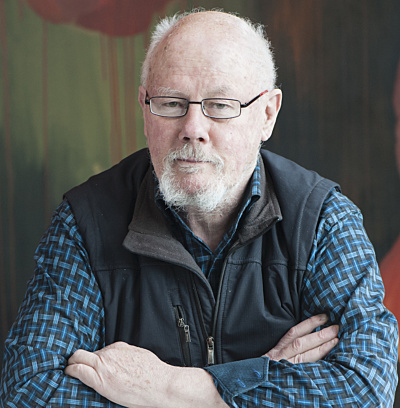Tennis-loving club gets itself into a pickle

One question we quite often get asked is whether having a board member belonging to another competing not-for-profit organisation counts as a declarable conflict of interest. Here’s another case (admittedly Canadian, but close enough) that says no, and why.

In the Supreme Court of British Columbia case of Gowing v. Mayne Island Community Centre Society, the Mayne Island Community Centre Society owned some land and allowed – and encouraged – a group of tennis buffs to build courts on it. Then some pickleball players came along and asked to use the courts and were strongly rebuffed. The picklies stood for election to the board of the Community Centre, and got up, and the new board told the tennis group to book the picklies in to use the courts.
The tennis group felt distinctly aggrieved – they’d built the courts and run them for over a decade, and now these Johnny-come-latelies wanted to profit from all that hard work. They went to court, arguing:
- There was an oral arrangement made in 2008 with the centre that MITA (the tennis group) was to own and operate the courts
- The tennis people’s role in building and maintaining the courts over many years amounted to a custom that entitled them to retain control of the courts
- The Centre’s actions were unfair and unlawful
- The Centre had oppressed them
- Some of the new directors of the centre had a conflict of interest.
To which the court responded:
- All very well, but MITA was an unincorporated association and couldn’t hold land
- Custom? You did see the big sign on the way in saying that this was a law court?
- The centre was the body that controlled the land, and it could do what it liked with its own
- The centre, in doing what it was entitled to do, hadn’t oppressed anyone - and finally, and of most interest to us -
- If the picklies had a conflict of interest, then so did the previous tennis-oriented board.
Justice Basran said:
I reject the assertion that the newly elected board members were in a material conflict of interest by deciding to facilitate access to the tennis courts by pickleball players. They were in no more a conflict of interest than previous board members who preferred tennis, some of whom were on the so-called “executive” of MITA.
Which is basically the point. We all have some ideological commitments – values, beliefs, opinions – and it’s really not possible to say that some are privileged over others unless that’s written into the objectives. If enough pickleball players joined the Collingood Football Club they could elect a board that would build pickleball courts all over the MCG, but those who thought this was a bad idea would just have to get themselves elected and block it. It’s the votes that count.
This article is based on a legal case note by Myles McGregor-Lowndes and Frances M Hannah, part of the Australian Centre for Philanthropy and Nonprofit Studies (ACPNS) Legal Case Reports Series.
Ask Agony Uncle
Has your organisation got a problem? A deal-making dilemma or a constitutional conundrum? Found yourself in a personality pickle or a media muddle? Tap the button below to send in your query.